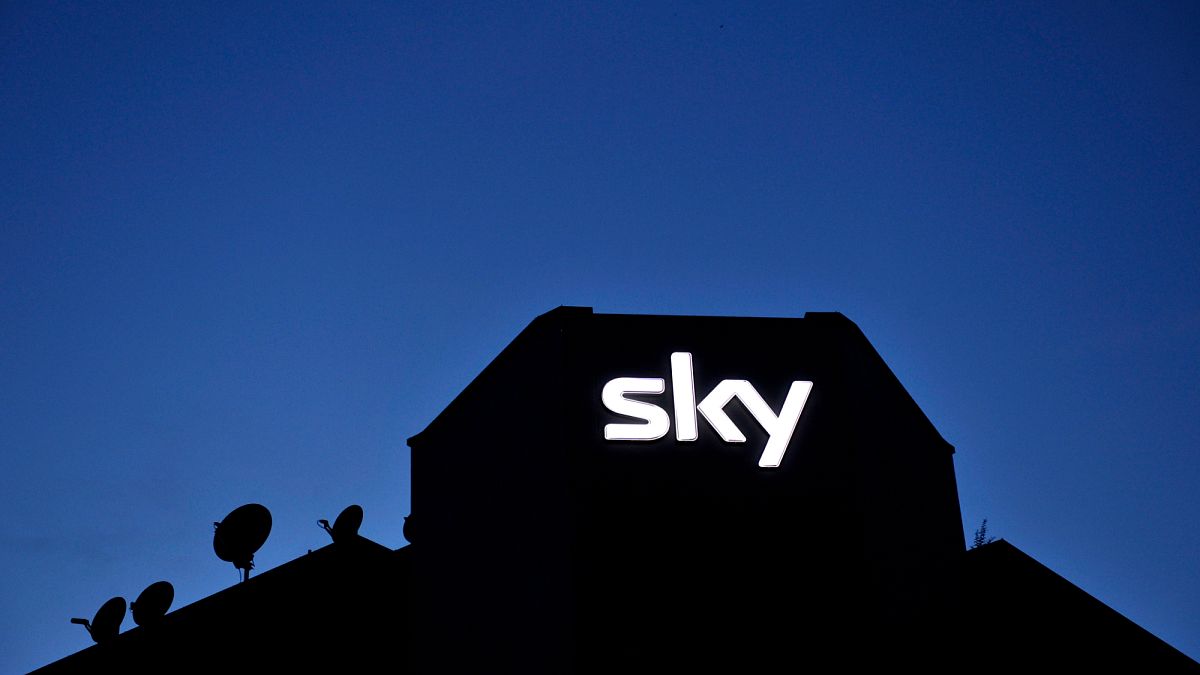

In recent developments across the European media landscape and international trade discussions, significant transactions and strategic negotiations are unfolding. These activities highlight the evolving dynamics of media consolidation efforts and trade relations, particularly between the European Union and the United States.
In the media sector, RTL Group is set to acquire Sky Deutschland for €150 million. This transaction reflects a strategic move as RTL emerges as a key player in the German-speaking television market. Sky Deutschland, previously owned by Comcast, has long been a focus of attention, given its financial challenges in recent years. Through this acquisition, RTL obtains the rights to utilize the Sky brand in Germany, Austria, Switzerland, Luxembourg, Liechtenstein, and South Tyrol. The deal, potentially worth up to €500 million in the future, signifies RTL’s commitment to strengthening its media presence in these regions.
Amidst corporate shifts, trade negotiations between the European Union and the United States are experiencing an intricate phase. While the European Commission, led by President Ursula von der Leyen, appears ready for constructive dialogue over a trade deal with the U.S., complexities abound. The Commission aims to balance readiness to secure favorable terms with resolute defense of European interests, particularly in response to proposed U.S. tariffs on steel imports. Deliberations continue, with all options remaining on the table should negotiations not produce a satisfactory agreement.
Within the context of these trade discussions, differing strategies between France and Germany add another layer of complexity. Both nations approach negotiations with distinct tactics, contributing to a rich, albeit challenging, dialogue within the European Union concerning optimal paths forward with the U.S. France’s cautious stance and Germany’s direct engagement illustrate the nuanced landscape in which these talks are occurring. The varying perspectives underscore the diversity of interests within the EU, as member nations seek to protect and promote their economic priorities.
In a related development, the broader impact of U.S. trade policies is being explicitly felt by global corporations, including Nike. The sportswear giant anticipates approximately $1 billion in increased costs due to the ongoing tariff tensions, prompting a strategic shift in its operations. Nike is moving to scale back manufacturing in China, exploring alternative locations to mitigate the financial impact of U.S. policies. This approach exemplifies the adaptive strategies employed by corporations in response to evolving international trade frameworks.
In conclusion, these various developments encapsulate the interconnected nature of media ownership shifts and international trade negotiations. As Europe navigates these complex waters, both opportunities and challenges arise, offering a reflection of the region’s dynamic role in the global economic and media landscape. The implications of these events will continue to resonate across borders, shaping the future of media consumption and trade relationships alike.
Source: {link}
